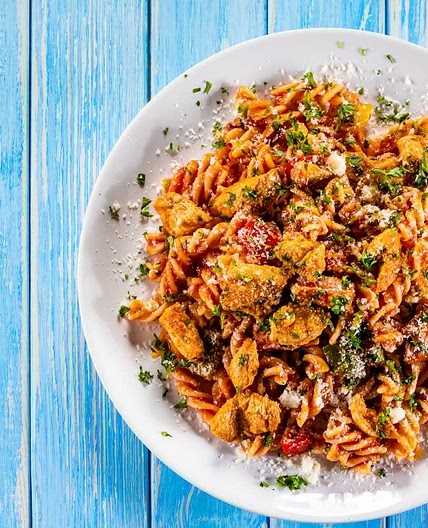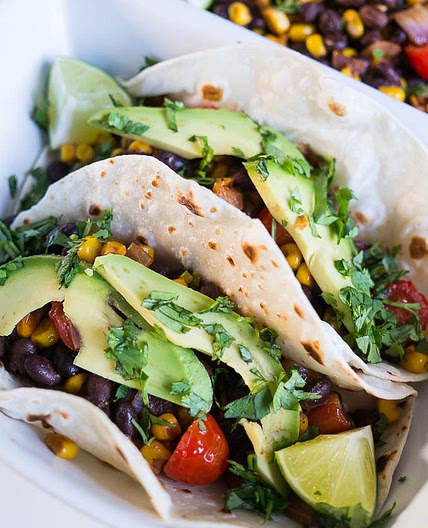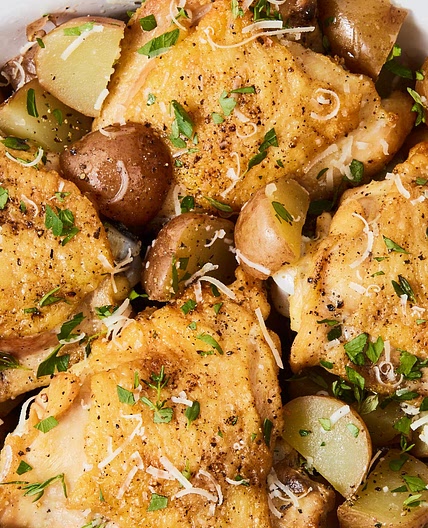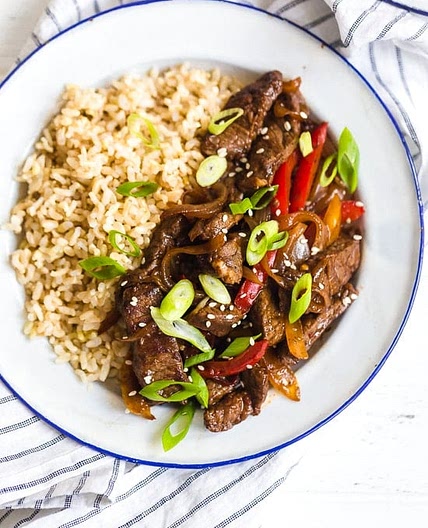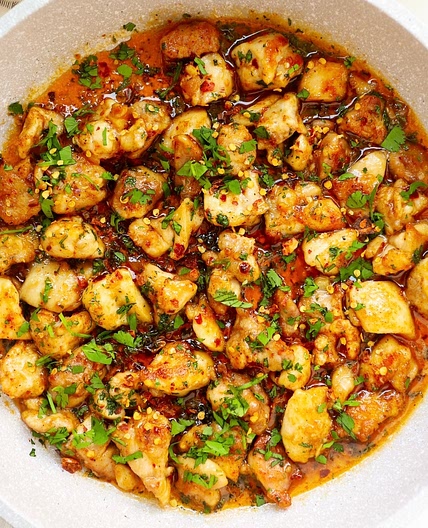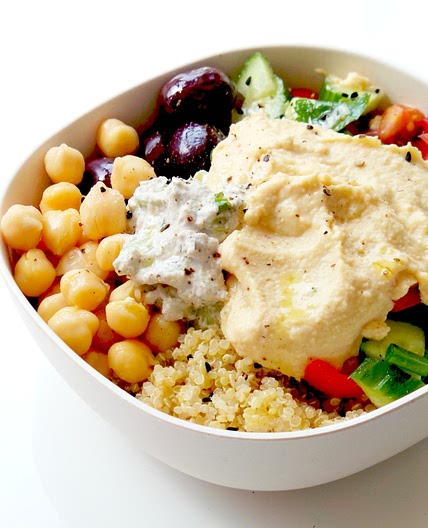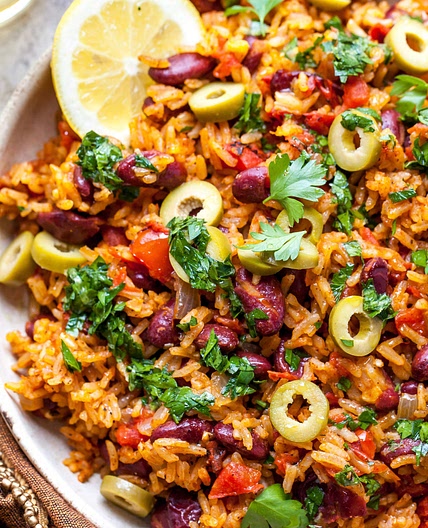Black pepper
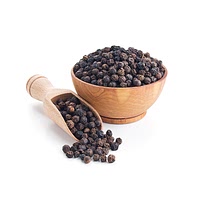 Pantry
PantryWhat would a kitchen be without black pepper? Alongside salt, it’s found in almost every recipe you can cook. In fact, the power duo is so important we even keep them on the table while we eat in case our meal needs a little something extra. Black pepper has been found in cookbooks as old as the third century. Now used regularly in cooking, it was once so valuable it was called “black gold.” Black pepper originated in Kerala in India. It comes from the dried fruit peppercorn (piper nigrum), which grows on a flowering vine plant. These tropical plants also grow well in Vietnam, which is now one of the world’s leading producers of peppercorns. The fruit is harvested while green, then turns black as it dries. And yes, that does mean black pepper is technically a fruit, even though we consider it a spice when we’re cooking. To get the best flavor from your black pepper, it’s best to buy whole peppercorns and grind them as you use them. The taste comes from the active compound piperine, which is found in the center of the peppercorns. This center is also where all the health benefits are stored, as black pepper has powerful anti-oxidant and anti-inflammatory properties. Love black pepper? It can add to the flavor and aroma of most savory dishes (and some sweet), and can either be an element of a dish or a focus. If you want to cook pepper-forward foods, consider things like pepper crusts or sauces for meats, cacio e pepe pasta, or stir fries with black pepper and garlic.
Black pepper nutrition and vitamin info per 100g
| Energy | 251 | kcal |
| Total Fat | 3.259999990463257 | g |
| Carbohydrate Total | 63.95000076293945 | g |
| Sugars | 0.6399999856948853 | g |
| Protein | 10.390000343322754 | g |
| Sodium | 20 | mg |
| Fiber | 25.299999237060547 | g |
10000+ recipes to cook with Black pepper
Black pepper substitutes
- Regular substitute
Black pepper equivalents and varieties
Black pepper cooking tips
 Samsung Food
Samsung FoodFive turns on your typical pepper grinder are about 1/8 of a teaspoon.
 Samsung Food
Samsung FoodIf you want to reduce the loss of flavor add pepper at the end of the cooking process.
